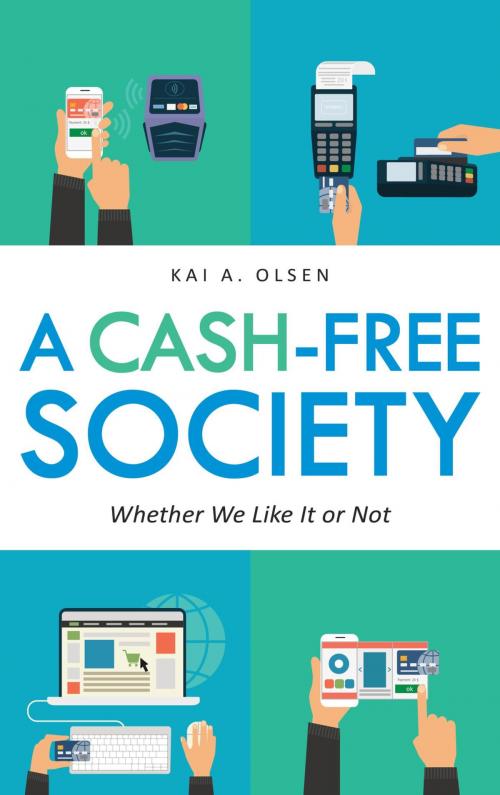| Author: | Kai A. Olsen | ISBN: | 9781442227439 |
| Publisher: | Rowman & Littlefield Publishers | Publication: | August 10, 2018 |
| Imprint: | Rowman & Littlefield Publishers | Language: | English |
| Author: | Kai A. Olsen |
| ISBN: | 9781442227439 |
| Publisher: | Rowman & Littlefield Publishers |
| Publication: | August 10, 2018 |
| Imprint: | Rowman & Littlefield Publishers |
| Language: | English |
Information technology is changing the world through automation, by bypassing middlemen and by digitization. We see dramatic effects today in the music industry, going from CDs to streaming, in newspapers, from paper to online, and in the banking industry, from branch offices to the Internet. One of the most fundamental changes is the replacement of physical cash, money and coins, by bits in a computer*.*
A Cash-Free Society is about this dramatic change. It shows the advantages and disadvantages and discuss how we – consumers, businesses and the society -can prepare for a new world where cash is no longer king. Banks are closing down branch offices and removing cash services. Customers wishing to withdraw money as cash are directed to ATMs. But the number of ATMs is declining. Mobile payments, either for paying bills or for person to person transactions will be the last nail in the coffin for cash
.
These changes are fed by the overwhelming advantages, both for consumers and businesses, to electronic payments. In the countries that lead this transition to a digital economy, Iceland, Norway, Sweden and Denmark, nearly all transactions, both in volume and number, are digital. Today less than 3 percent of consumer payments are in cash in Norway. Though there are some disadvantages, there are clear benefits: cheaper transactions, less crime, simpler tax processing and it will become more difficult to operate in the black-market economy.
Information technology is changing the world through automation, by bypassing middlemen and by digitization. We see dramatic effects today in the music industry, going from CDs to streaming, in newspapers, from paper to online, and in the banking industry, from branch offices to the Internet. One of the most fundamental changes is the replacement of physical cash, money and coins, by bits in a computer*.*
A Cash-Free Society is about this dramatic change. It shows the advantages and disadvantages and discuss how we – consumers, businesses and the society -can prepare for a new world where cash is no longer king. Banks are closing down branch offices and removing cash services. Customers wishing to withdraw money as cash are directed to ATMs. But the number of ATMs is declining. Mobile payments, either for paying bills or for person to person transactions will be the last nail in the coffin for cash
.
These changes are fed by the overwhelming advantages, both for consumers and businesses, to electronic payments. In the countries that lead this transition to a digital economy, Iceland, Norway, Sweden and Denmark, nearly all transactions, both in volume and number, are digital. Today less than 3 percent of consumer payments are in cash in Norway. Though there are some disadvantages, there are clear benefits: cheaper transactions, less crime, simpler tax processing and it will become more difficult to operate in the black-market economy.















